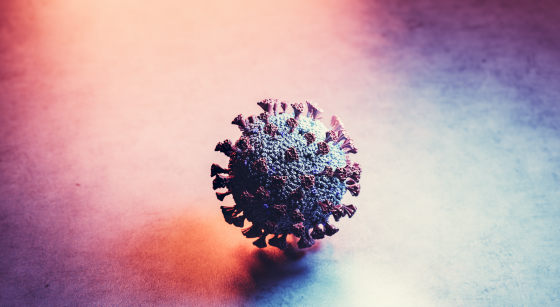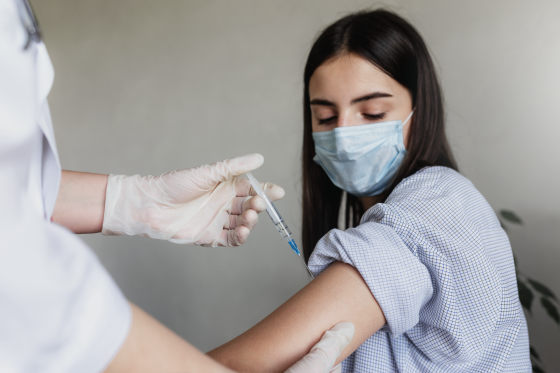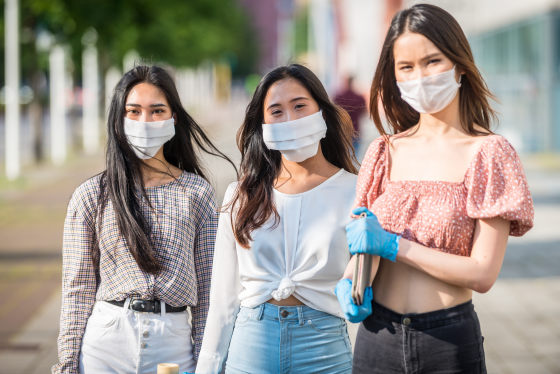Why is the 'immunity acquisition by infection' of the new corona not considered in the United States?

Vaccinating people who have had covid-19: why doesn't natural immunity count in the US? | The BMJ
https://www.bmj.com/content/374/bmj.n2101
The Centers for Disease Control and Prevention (CDC) estimates that by May 2021, about 37% of the US population was infected with SARS-CoV-2. In the United States, the expansion of vaccination is urgently needed as a strategy to contain the pandemic of the new coronavirus infection (COVID-19). It is not considered.
Research is underway on the effects of the immune system acquired by COVID-19 infection, and in January 2021 the United Kingdom National Health Service (NHS) stated that '95% of the immune system of people who have recovered from COVID-19 even after eight months from the recovery results of surveys and 'had retained the memory for the virus has announced . In addition, a study published in the scientific journal Science in February 2021 showed that memory B cells and memory T cells continue to exist, although antibodies decrease after 8 months of recovery. In addition, according to surveys in the United States, Qatar, the United Kingdom, Israel, etc., the infection rate of COVID-19 is equally low in 'people who have been vaccinated twice' and 'people who have been infected with COVID-19 in the past'. Is also shown.

Based on these findings, some areas consider past infection history in vaccination. In Israel, it is recommended that people infected with COVID-19 wait for mRNA vaccination for 3 months after infection, and
On the other hand, in the United States, the acquisition of immunity by SARS-CoV-2 infection does not affect vaccinations or certificates. Due to the widespread use of Delta strains in the United States, a vaccination certificate is required to attend college classes and concerts. However, because the immunity effect of infection varies from person to person and the period of protection from the virus is unclear, CDC should be vaccinated twice for all people regardless of their past infection history. Recommended .
There is some debate about the effects of vaccine immunity and infection immunity, but there is an argument in the United States that infection immunity should be recognized as a pandemic strategy. In contrast, public health experts say that immunization by infection is based on the fact that 'universal vaccination is quantifiable, predictable, reliable and easy to carry out as a means of protecting the public.' Supports the acquisition of immunity by vaccination.

Former CDC director Tom Frieden told The BMJ that when vaccination began in the United States, the number of vaccines was limited, so 'considering immunity from infection' was not a reasonable option. It seems that it was officially proposed. However, regarding COVID-19, considering the possibility of false positives by tests and those who think that they are already infected, it was judged that the situation would be complicated if immunity due to infection was taken into consideration. It was said that. Alfred Sommer, Honorary Dean of the Johns Hopkins Bloomberg School of Public Health, said that from a public health perspective, the act of 'letting people choose' can be irresponsible. On the other hand, Mr. Brock points out that existing views on immunity that do not consider infectious immunity can upset vaccination and booster goals.
'We are working with incomplete information and the precautionary principle applies in such an environment,' said Frieden, who vaccinated against a history of COVID-19 infections in the past. It is recommended. On the other hand,
Despite the spread of the virus worldwide, the group 'people infected with COVID-19' has not been fully studied as a group. Matthew Memory, who belongs to the NHS Institute for Infectious Diseases, admitted that 'when vaccination started, the goal was to protect'people at risk'', but to those who have a history of infection. Also indicates that it should have been focused. The situation could have been complicated by showing how people with a history of infection should be vaccinated, but Memory believes he was able to convey a more detailed message.

'Many public health experts believe that any uncertainty about the vaccine will stop people from vaccination.' 'But what I know and what I don't know. We believe that clarifying what the risks are and what the benefits are will help people make their own decisions, 'Memories said.
Related Posts:
in Science, Posted by darkhorse_log







